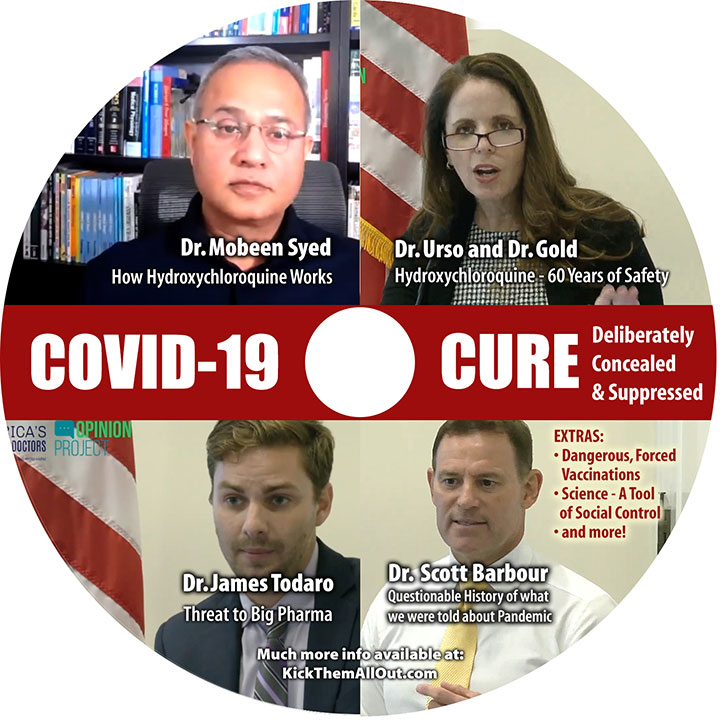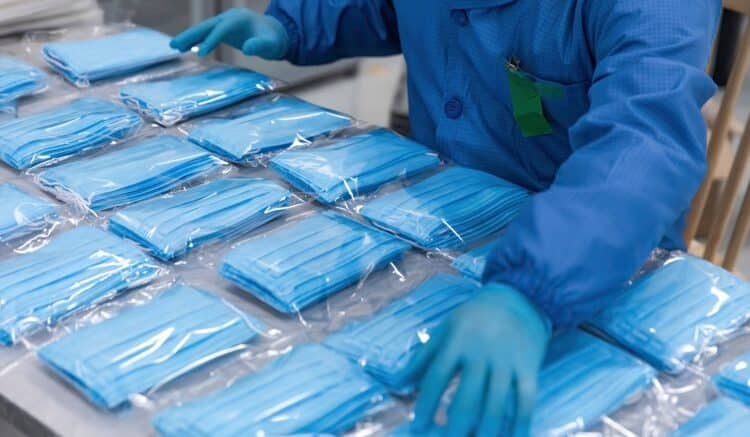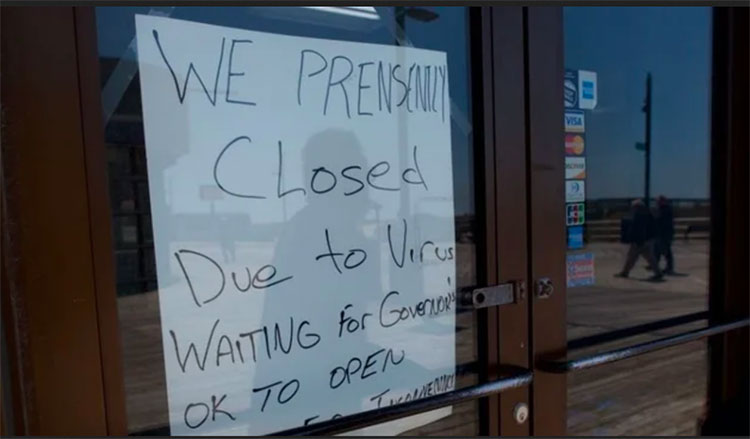Breakthrough Drug: Ivermectin Shows 'Astounding' Results Against Coronavirus
Reports Friday from multiple trials in the United States and abroad indicate a drug already approved by the FDA to treat parasitic infections is showing “astounding” results, and could represent a breakthrough in efforts to vanquishing the SARS-CoV-2 virus at the heart of the global pandemic.
Doctors have administered the drug ivermectin in several simultaneous trials in several countries sometimes in combination with other common medications.
Physicians who participated in the study report that patients’ viral loads began declining almost immediately after they began administering ivermectin, a widely available prescription drug approved to combat parasites, scabies and head lice.
It has not been approved for COVID-19 patients, but doctors familiar with clinical trials described patients’ results as dramatic.
Emergency medical physician Dr. Peter H. Hibberd, M.D., of Palm Beach County, Florida, told Newsmax Friday evening in an exclusive interview that he’s optimistic the drug will prove to be an important therapeutic advance, although he expects more trials will be needed before it wins FDA approval for use as a COVID-19 medication.
He noted it has impressed doctors in clinical trials on multiple continents.
“There’s a common denominator here,” said Hibberd. “This drug is salvaging people from their death bed.”
In some cases, doctors reported just one dose of ivermectin markedly improved a patient’s condition. U. S. patients received a single oral dose, and some of them received a booster dose seven days later. The FDA-approved dose for parasitic infections was used.
The drug first emerged as a possible coronavirus therapeutic after a study to be published in next month’s Antiviral Research journal by researchers in Victoria, Australia showed the drug wiped out the virus in a test tube.
On Thursday, a team of U.S. doctors led by Dr. Jean-Jacques Rajter at the Broward Health Medical Center in Fort Lauderdale, Florida, submitted findings to an institutional review board. According to a medical source familiar with the study, some 250 coronavirus patients were involved in the Broward trial. The results were dramatic, with “statistically significant improvement in mortality,” according to the source.
The blood oxygen level of the first patient treated in early April was 70%, and dropped to just 50% within hours. After receiving the invermectin, the patient stabilized within 24 hours and was discharged from the hospital in one week.
It is important to note that while some patients are receiving the medicine on an emergency basis, the FDA on May 1 posted the following advisory: “While there are approved uses for ivermectin in people and animals, it is not approved for the prevention or treatment of COVID-19. You should not take any medicine to treat of prevent COVID-19 unless it has been prescribed to you by your health care provider and acquired from a legitimate source.”
In a separate trial on the other side of the globe, a team of doctors in Bangladesh reported Friday that they administered a combination of ivermectin and doxycycline, a common antibiotic, to 60 coronavirus patients there.
That team reported that within 72 hours after receiving the drug, their patients tested negative for the virus, and by the fourth day, they had recovered. Dr Tarek Alam, a senior doctor for the Bangladesh Medical College Hospital, told India’s ZeeNews that the results were “astounding” and said all patients “experienced full recoveries.”
One reason the FDA is cautious is that the drug can interact with other medications, and in some cases can cause complications such as nausea, diarrhea, stomach pain, dizziness, a sudden drop in blood pressure, liver problems and other side effects.
The Gates Foundation is funding a third clinical trial of ivermectin in France, according to TrialSiteNews.com.
Hibberd said the ivermectin trials indicate it is an “effective therapy” that would provide a bridge to a vaccine and would potentially reduce the downside risk of catching the virus.
“It would mean we could go to work and not worry,” he said of the prospect of having an effective therapeutic medication. “You catch it, we treat you and we move on as a country.”



























